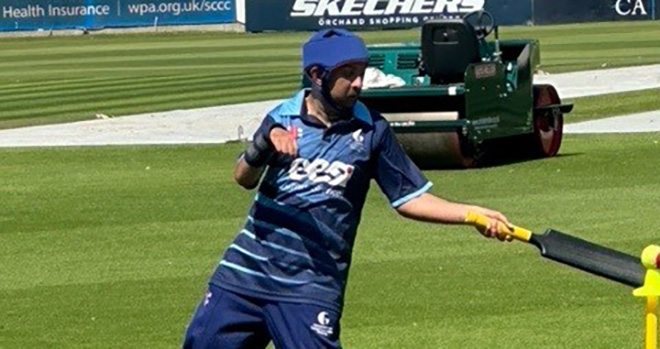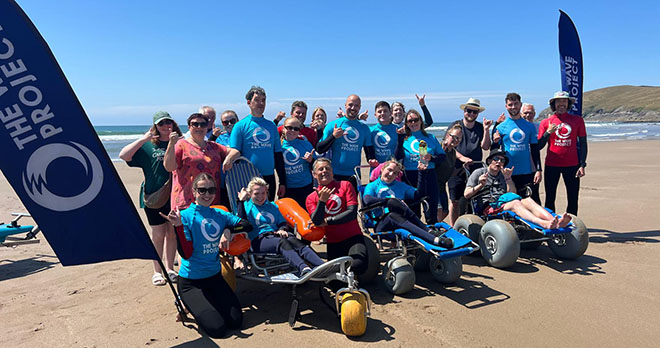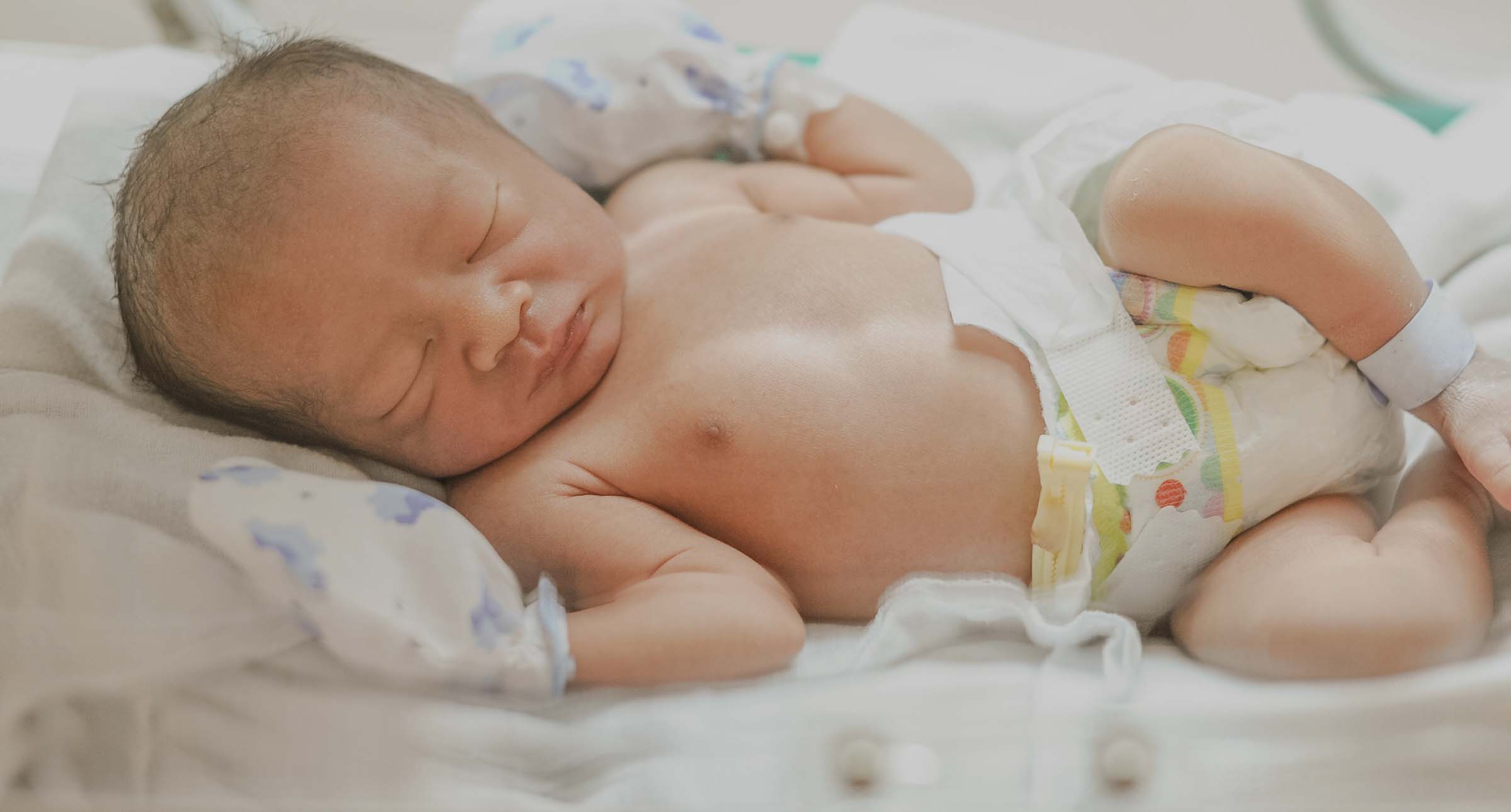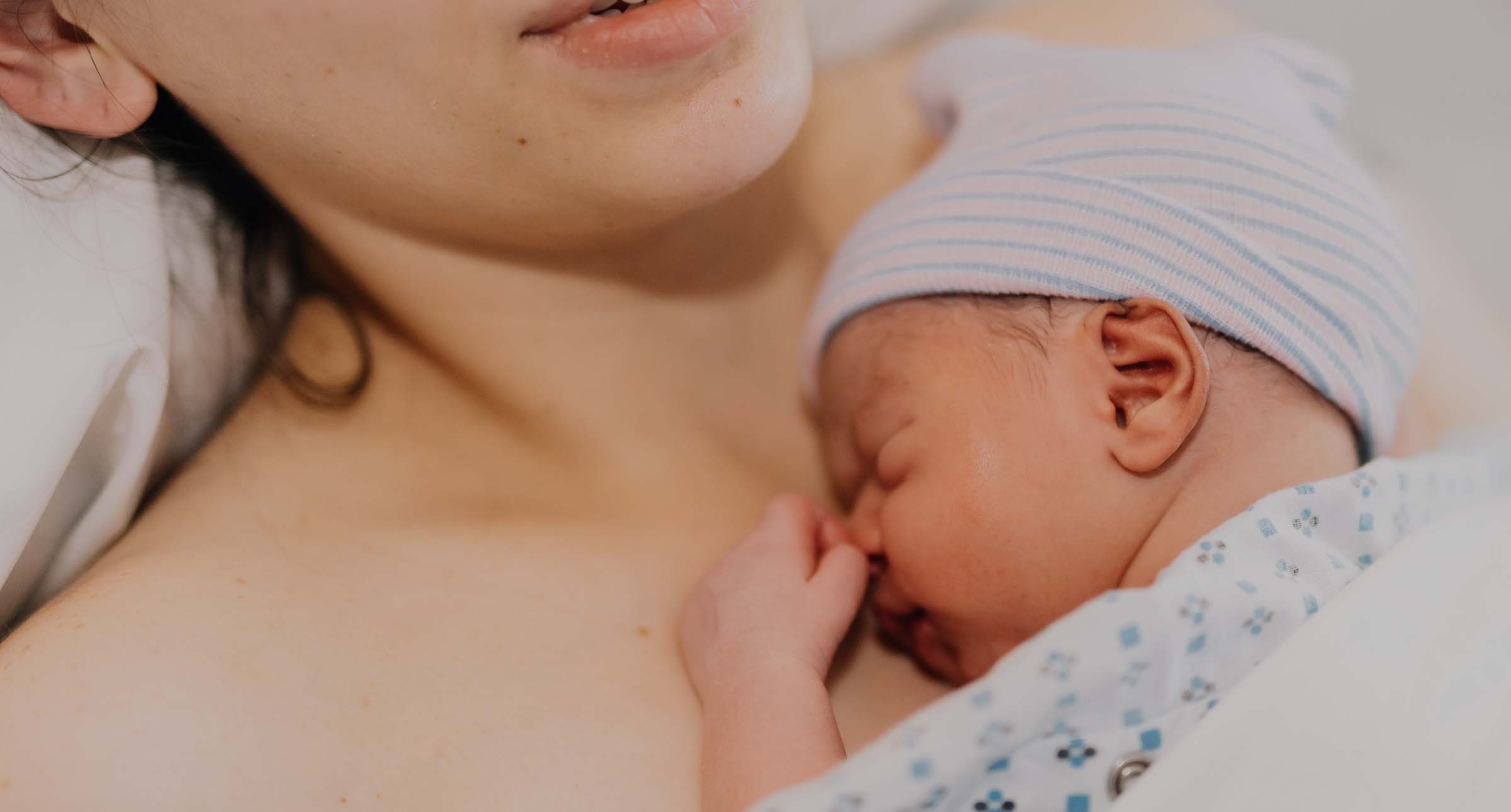Is cerebral palsy a result of medical malpractice?

Cerebral palsy is a medical term used to describe a person’s ability to affect movement, maintain balance, coordination and posture. Cerebral palsy is a generic term that encompasses different groups of disorders affecting motor (muscle) control of the body.
Cerebral palsy is caused by a problem in brain functioning and different types of motor problems will result from different types of problems or types of injury to the brain. If there has been an injury to the brain there may, in addition to muscular problems, be effects on cognitive brain functioning or executive (decision making) functioning of the brain.
Potential causes of cerebral palsy
Cerebral palsy is caused by damage to the parts of the brain which control the way we move. There are several parts of the brain involved in controlling movement and the type of cerebral palsy will depend on which part is damaged. Therefore, almost anything that can damage the brain can result in cerebral palsy.
The brain requires an almost constant supply of energy to function and this energy comes from oxygen and glucose which is delivered in the blood. Therefore, any shortage of oxygen (hypoxia); or shortage of glucose (hypoglycaemia); and any disruption to the blood supply (such as following a stroke) can result in brain damage and cause cerebral palsy.
In addition, the brain can be damaged by toxins such as those that may arise from infection; from the build-up of bilirubin (jaundice or hyperbilirubinemia); from the breakdown of blood products (following a brain haemorrhage); or even medication overdoses.
Many people believe that the root cause of cerebral palsy is complications during birth, but thankfully this is not the most common cause. The medical negligence team at RWK Goodman deal with frequent enquiries from parents concerned that their child was injured as a result of medical malpractice, but it is important to understand that there are many other potential reasons why a child may be affected by cerebral palsy.
Frequent questions we are asked about the causes of cerebral palsy:
-
Can cerebral palsy be caused by trauma?
This is an unlikely complication of a traumatic event such as a bad road traffic accident or a very violent assault on a pregnant woman. A baby may suffer a period of hypoxia if the blood supply to the fetus in the uterus is reduced significantly enough, for a long enough time, to cause damage to the baby’s brain. A reduced fetal blood supply may arise from a significant maternal loss of blood (resulting in low maternal blood pressure) or an injury to the fetal placenta such that the fetus is deprived of oxygen.
-
Can drug use cause cerebral palsy?
Use of recreational drugs is not endorsed during pregnancy as they may impact the development of the fetus and cause a range of serious complications. Drug taking can lead to serious maternal infections. If the placenta or uterus were to become infected through systemic infection during pregnancy, known as chorioamnionitis, then this can affect the baby’s brain development and cause subsequent cerebral palsy.
Drug use, including alcohol, nicotine and cocaine, may also lead to the premature delivery of a baby, which in itself is associated with cerebral palsy as the complications of early delivery can lead to brain injury for the neonate.
-
Can medications cause cerebral palsy?
It is very important to take careful medical advice on what prescribed or over the counter medication can be taken during pregnancy. Many drugs, such as the epilepsy drug sodium valproate, are contraindicated as it is known to cause birth defects or affect the cognitive functioning of the baby’s brain.
-
Can rhesus incompatibility cause cerebral palsy?
During early pregnancy all mothers should be screened to check whether they are Rhesus negative. The purpose of this testing is to ensure that treatment can be given to avoid maternal antibodies attacking the fetal blood cells during late pregnancy or early after delivery, which may lead to haemolytic disease of the newborn and jaundice. Severe neonatal jaundice, if left untreated, can lead to brain damage.
-
Does gestational diabetes cause cerebral palsy?
Gestational diabetes in itself will not cause cerebral palsy, however the complications of pregnancy associated with undiagnosed and unmanaged diabetes can have serious consequences for the pregnancy and outcomes. It may result in a very large baby, causing difficulties with delivery such as shoulder dystocia. It may cause there to be an excessive amount of amniotic fluid, leading to premature labour and delivery. It may also cause pre-eclampsia. For this reason, women at risk of developing gestational diabetes should be screened and carefully monitored.
It is often upsetting for us to hear questions from distraught mothers asking: “Is it my fault my child has cerebral palsy?”. In some cases, mothers of children with cerebral palsy have been left to shoulder responsibility or are burdened with feelings of guilt by medical professionals or partners. It is so important for most mothers to understand that their child’s condition is not as a result of anything they have done wrong.
We have prepared a more comprehensive list of the medical complications which can cause brain injury and cerebral palsy and you may wish to read about this in further detail here: Guide to cerebral palsy – the condition, causes, and legal issues.
So when is cerebral palsy a result of medical malpractice?
Very sadly in some circumstances a baby is injured as a result of medical negligence and parents may wish to seek independent legal advice on whether they have a claim and what their options are. It is important to consult with a highly accredited lawyer with extensive experience in birth injury cases as these cases are complex and of high value.
You can find more examples of medical malpractice leading to cerebral palsy in our guide, mentioned above.
Where a baby has suffered a potential brain injury during or within 6 days of delivery in England or Wales then the circumstances may be investigated and reported on by the NHS independent Healthcare Safety Investigation Branch (HSIB). HSIB is now becoming a Special Health Authority (Maternity and Newborn Safety Investigations Special Health Authority: MNSI) and more information and advice on this process can be found in our guide here: Guide to the Early Notification Scheme (ENS) and Healthcare Safety Investigation Branch (HSIB)
Don’t hesitate to get in touch if you think you may have a cerebral palsy claim due to medical negligence, our expert team will do our very best to offer both support and legal advice.
If your child has cerebral palsy, and you think it was as a result of medical negligence, please contact our enquiries team to find out how we might be able to help you bring a claim for compensation.
Call now










